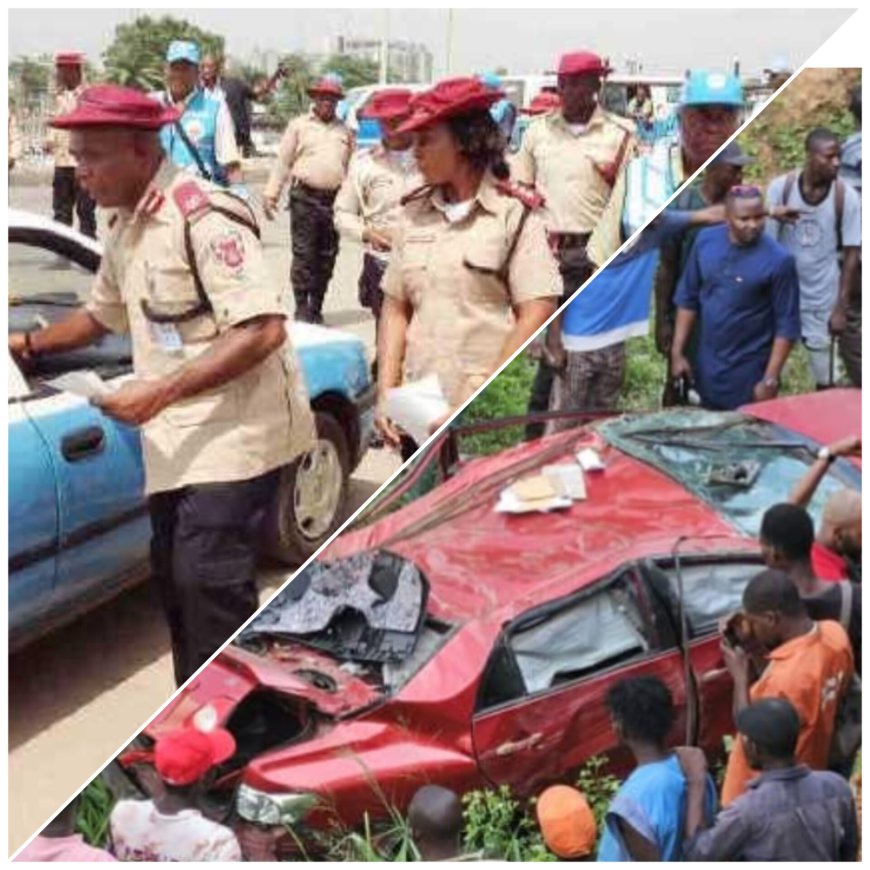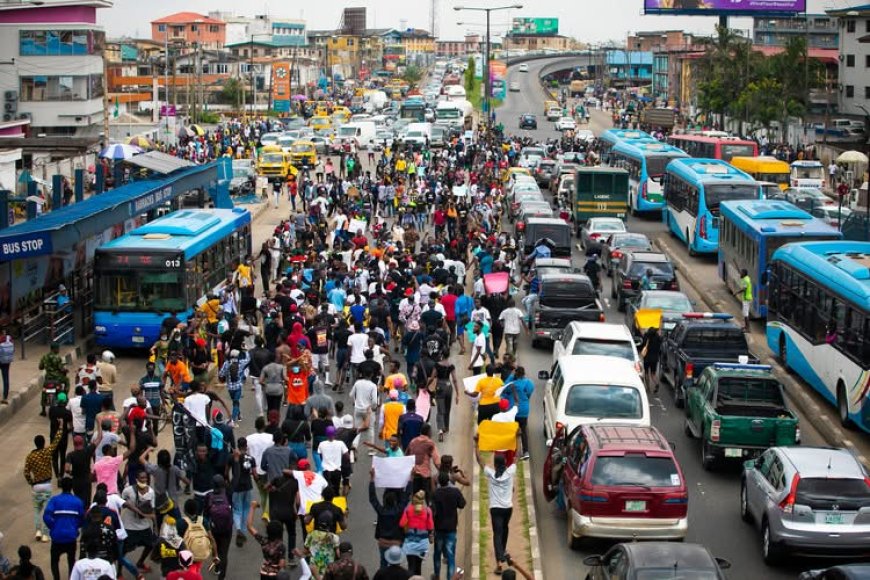The Otedola Bridge Tragedy: A Call for Reflection on Driving Culture.
This article highlights the tragic incidents on Otedola Bridge in Lagos, Nigeria, examining the need for improved infrastructure and a reevaluation of driving culture. It reflects on past car crashes and calls for enhanced driver training and awareness to prevent future tragedies.
The recent incident where a car plunged off the Otedola Bridge has once again highlighted the pressing need for a serious examination of both our infrastructure and our driving culture in Nigeria. With reports indicating that the occupant is in critical condition, this tragic event adds to the horrifying statistics of lives lost on this same bridge, prompting a critical question: Is it the bridge that is unsafe, or is it time to reassess the way we approach driving in this country?
The Otedola Bridge, a vital passageway in Lagos, has become infamous for accidents that claim precious lives. For instance, in December 2018, a multi-vehicle collision on the bridge resulted in several fatalities, after a truck lost control and collided with multiple cars. Similarly, in August 2020, another tragic accident occurred when a vehicle veered off the bridge, leading to severe injuries and loss of life. These incidents, among others, suggest that the bridge has become a hotspot for serious accidents, raising alarms about the safety of this crucial infrastructure.
While infrastructure maintenance is essential, the recurring nature of these accidents suggests that we must also scrutinize the driving behaviors and habits of Nigerian motorists. Recklessness, disobedience to traffic rules, and a lack of proper training are factors that may significantly contribute to such incidents.
One striking concern is the proficiency of drivers on Nigerian roads. The question arises: How many drivers in Nigeria have received formal training? The existence of certified driving instructors is limited, and many prospective drivers may take shortcuts, opting for quick lessons rather than comprehensive training. This lack of a robust driver education framework denies them essential skills for safe driving.
Moreover, the culture surrounding driving in Nigeria often glamorizes speed and aggression. Many drivers prioritize getting to their destinations quickly over adhering to safety protocols, contributing to a perilous environment on our roads.
As we mourn the consequences of yet another tragedy, it is crucial for policymakers, driving schools, and concerned citizens to advocate for a shift in our driving culture. Initiatives aimed at enhancing driver training, increasing awareness about road safety, and conducting regular assessments of driving skills should be paramount.
In addition, local authorities need to ensure that bridges and roadways are maintained to prevent structural failures and implement measures such as barriers and clearer signage to enhance road safety. The Lagos State government has made efforts in the past to address road safety, but more comprehensive strategies are needed to tackle the root causes of these accidents.
In conclusion, while the Otedola Bridge may be under scrutiny, it is imperative to reflect on our collective responsibility as drivers. A dual approach that emphasizes better road infrastructure and a commitment to improving our driving culture is needed to prevent further tragedies. As Nigerians, we must prioritize both safe driving practices and proper training to create roads that are safer for everyone. By addressing these concerns and learning from past tragedies, we can contribute to a culture of safety that protects lives on our roads.









